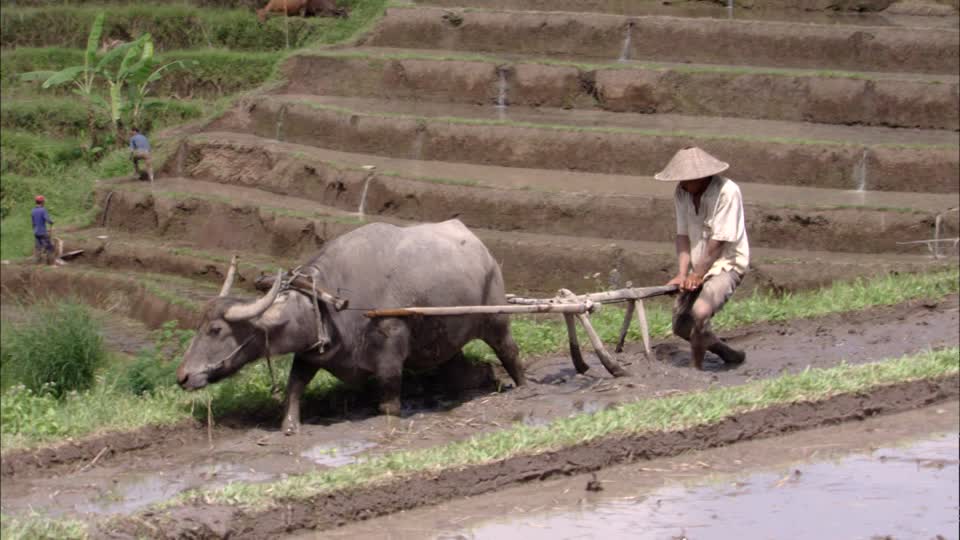RI eyes to develop key sectors from Australian trade deal
The Jakarta Post | 3 August 2016
RI eyes to develop key sectors from Australian trade deal
Dewanti A. Wardhani
Indonesia is hoping to develop a number of key sectors through an anticipated free-trade deal with Australia, which is aimed at boosting trade and investment between the neighboring countries.
Both countries kicked off negotiations on an Indonesia-Australia Comprehensive Economic Partnership Agreement (IA-CEPA) in September 2012, but progress has been slow. Talk resumed again in March, with both governments sharing a commitment to wrap up negotiations by next year.
Newly inaugurated Trade Minister Enggartiasto Lukita said the Indonesian government would prioritize several key sectors, such as education, agriculture and tourism, under the bilateral agreement.
Enggar, as he is affectionately called, said Indonesia was seeking to send local students and workers to Australia for short vocational courses in various subjects.
For example, local workers can be flown to Australia to learn the country’s cattle-breeding know-how and technology, which can later be implemented in their home country.
“As you know, Australia is very good in some areas like agriculture and cattle-breeding. Thus, we want to send our workers to Australia at least for job training,” Enggar told reporters after a meeting with an Australian delegation as part of the IA-CEPA negotiations in Jakarta on Tuesday.
Separately, Indonesian lead negotiator Deddy Saleh said the country was also eyeing cooperation in the tourist sector with Australia.
For example, he said, Indonesia could simplify services for locals seeking to travel to Australia and vice versa. Thus, Indonesia and Australia could see more tourists entering their country.
Steven Ciobo, the Australian Minister for Trade, Tourism and Investment, said “friendship” between the two countries was already strong but the economic relationship was “not as strong as it could be”.
Successfully concluding the comprehensive economic agreement with Indonesia, he said, was a key priority for Australia.
Despite Indonesia’s recent move to import buffalo meat from India in an attempt to challenge Australia’s dominance, Ciobo said Australia was eager to work for the mutual interest of both countries in regards to beef and cattle.
The two countries, he said, were committed to concluding the talks by the end of next year.
Businesses from the two countries also established the Indonesia-Australia Partnership Group
and jointly drafted a position paper for consideration by their governments.
Indonesian businesses recommended six priority sectors, namely tourism and hospitality, securing domestic food supply, human capital development through education, health care, e-commerce and creative industries, as well as infrastructure and engineering.
Indonesian business group representative Shinta Kamdani, who is also Indonesian Chamber of Commerce and Industry chairwoman on international relations, said the six sectors held significant potential for economic engagement and benefit.
“We want to see real improvement in people from the two countries,” Shinta said.
Meanwhile, Australian businesses offered recommendations in eight areas, private sector representative Bryan Clark said.
Those eight areas are: cross-cutting issues, economic cooperation, trading goods, trading services, investment, movement of people, e-commerce and education.
“We want [the agreement] to be bold by going where no agreement has gone before,” said Clark, who is also a director for trade at the Australian Chamber of Commerce and Industry.
According to data from the Central Statistics Agency (BPS), Indonesia’s trade with Australia reached US$8.5 billion in 2015, where Indonesia saw a $1.1 billion deficit.
This year, Indonesia’s trade with Australia has reached $3.3 billion as of May.






